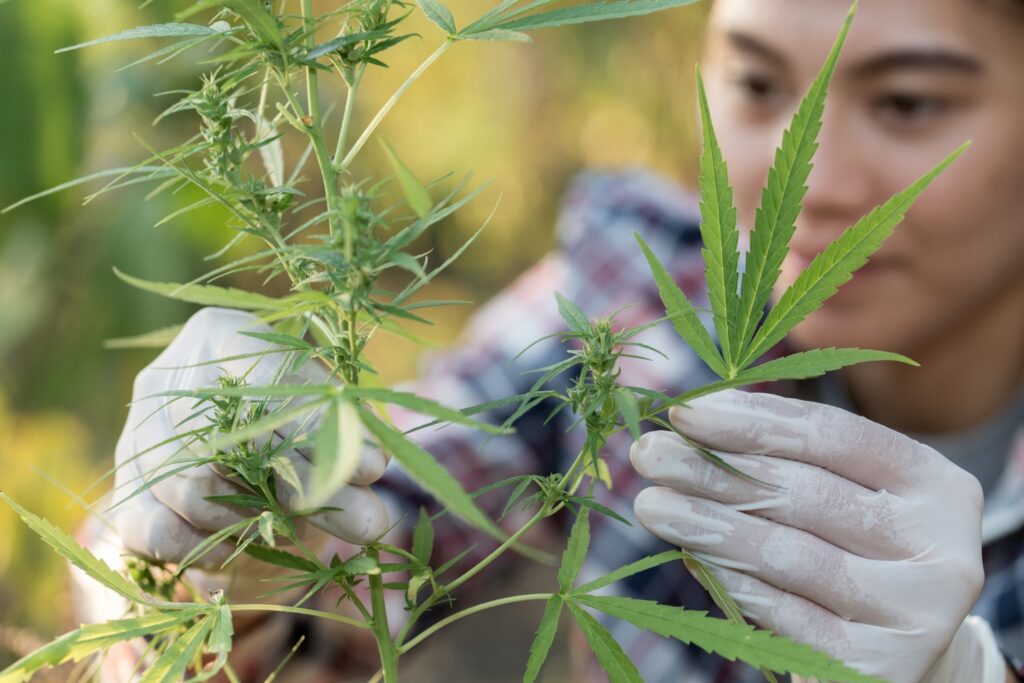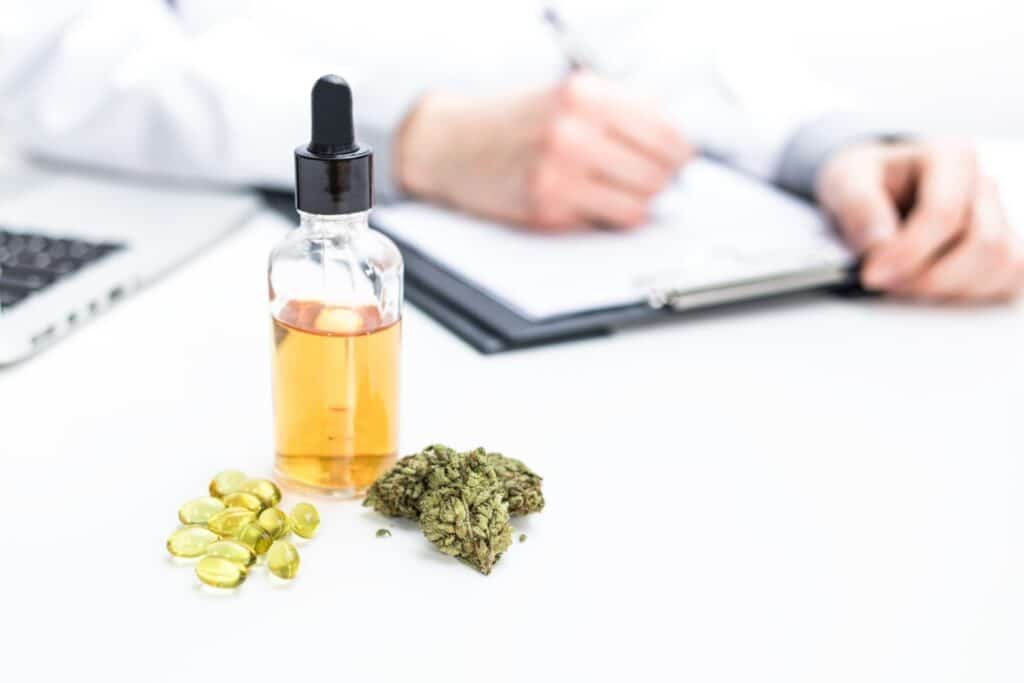
After studying under cannabis courses, you’ll have the requisite skills and knowledge to work in the versatile cannabis industry in Canada. You’ll be well-prepared for enjoying a career in a cannabis production facility, a cannabis retail store, a cannabis testing laboratory, or other equally interesting environment.
The professional cannabis cultivation industry in Canada is unique. Using robust regulations, quality assurance principles, and cultivation techniques, professionals ensure that our cannabis products are of the highest standard. But we aren’t the first place in the world to have a wide-ranging cannabis cultivation culture. Cannabis plants have been cultivated across the world for thousands of years. Read on to learn more about this history.
There Are Different Kinds of Cannabis Plants that Pros with Cannabis Industry Training Need to Know
To start examining the nuances of cannabis cultivation, it’s essential to analyze the different kinds of cannabis plants. There are four different forms of cannabis that are popularly encountered:
- Cannabis Sativa
- Cannabis Sativa L
- Cannabis Indica
- Cannabis Ruderalis
A cannabis industry professional will likely be familiar with cannabis sativa and cannabis indica, as these are the two most common forms of cannabis with psychoactive properties. They are cultivated for a variety of medical, therapeutic, and recreational uses.

There are several different kinds of cannabis with different cultivation histories
Cannabis indica was discovered later than its cousin, cannabis sativa. It was first officially identified by the French naturalist Jean-Baptise Lamarck. Cannabis ruderalis, a less common kind of plant, was first named in 1924 by the Russian botanist D.E. Janischevisky.
Cannabis Sativa L is distinguished from cannabis sativa, in that it is a non-psychoactive form. Popularly referred to as hemp, it is used to manufacture oil, cloth, and fuel. The L in its name is derived from the person who named it, botanist Carl Linnaeus.
Cannabis Has a Rich History of Cultivation
After cannabis industry training, professionals work in an effectively regulated industry in Canada. However, the practice of cultivation is one of humanity’s oldest agricultural crafts. The cannabis plant is believed to have first evolved on the steppes of Central Asia thousands of years ago, in what is now known as Mongolia and southern Siberia.

Cannabis has been cultivated by humans for thousands of years
Cannabis is among the oldest cultivated crops in the world. It is estimated to have been used as long as 12,000 years ago. In terms of physical evidence,
- Burned seeds have been found in burial mounds dating back to 3000 B.C.
- Records exist of cannabis being used medicinally as far back as 4000 B.C.
Eventually, the crop left Asia to spread throughout the world, culminating in industrial use in Canada’s regulated cannabis industry. It got here through Europe and the Middle East, which the plant entered between 2000 and 1400 B.C.
Modern Cannabis Sativa L Cultivation Is Practiced in Several Countries
Today, Canada is not the only country with a wide-spanning cannabis industry. Cannabis quality assurance skills are practiced all throughout the world. There are many different nations with robust industries of cannabis sativa L cultivation, including:
- China
- Romania
- Colombia

Hemp is cultivated by countries all over the world, not just Canada
China is believed to be the world’s top hemp producer. The country produces more than half of the world’s hemp supply. The value of their hemp sales in 2018 was estimated at 1.2 billion dollars.
Over in Romania, hempseeds are the most traded product. The small country was once Europe’s largest hemp producer, and is currently in the midst of another hemp resurgence.
Down in South America, the nation of Colombia has approximately 50 hemp farms in operation. The country experiences some difficulties with cultivation due to the tropical weather, which doesn’t mix well with industrial hemp cultivation. Nonetheless, high-tech companies are working on seed genetics to mediate.
Do you want to learn more about cultivation by taking a cannabis course?
Contact the Academy of Applied Pharmaceutical Sciences for more information.



